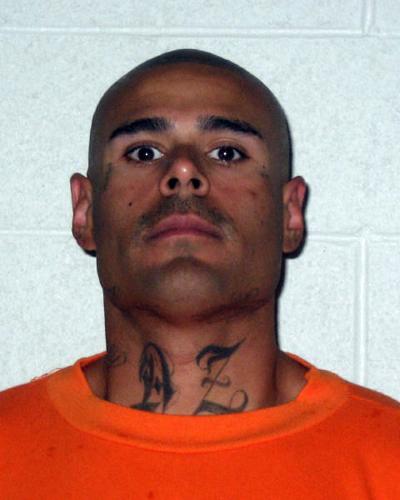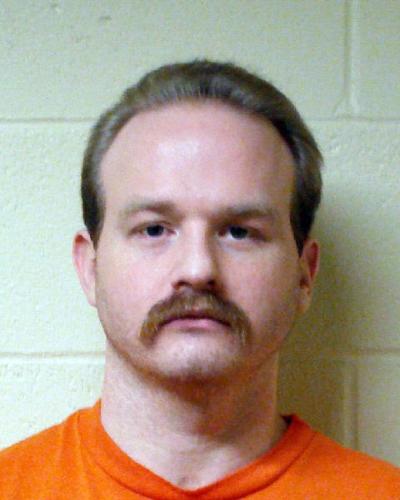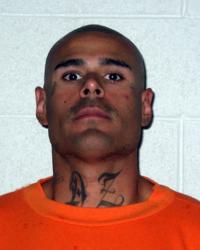PHOENIX — Five Arizonans serving life terms for crimes committed as juveniles are going to get a chance to get those sentences reduced.
In a divided ruling Monday, U.S. Supreme Court justices said their prior court rulings require trial judges to take the extra step when sentencing juveniles to determine whether their crimes “reflect transient immaturity” or if the defendant is “one of those rare children whose crimes reflect irreparable corruption for whom a life without parole sentence may be appropriate.”
And with that in mind, the justices sent five Arizona cases back to the state to consider whether that judgment was made.
An aide to Maricopa County Attorney Bill Montgomery said his office will review each case to decide what to do next.
“The balance we must strike in each of these cases is the requirement to comply with the Supreme Court ruling, the due process rights of each defendant, and the rights to justice and due process of each victim,” said Amanda Jacinto.
The majority’s action drew an unhappy dissent from Justice Samuel Alito.
Joined by Justice Clarence Thomas, he said the only thing set as precedent by the court’s earlier ruling is that states cannot impose mandatory life terms on juveniles. Alito said Arizona complies because it does not have such a requirement.
“A sentence of life without parole was imposed in each of these cases, not because Arizona law dictated such a sentence, but because a court, after taking the defendant’s youth into account, found that life without parole was appropriate in light of the nature of the offense and the offender,” Alito wrote.
The majority, in vacating the sentences and sending the cases back to Arizona, did not write a formal opinion. But Justice Sonia Sotomayor felt compelled to write her own explanation of the issue.
At the heart of the issue is a 2012 Supreme Court ruling that says sentencing judges are required to “take into account how children are different and how those differences counsel against irrevocably sentencing them to a lifetime in prison.”
The justices concluded children are “constitutionally different from adults for purposes of sentencing” because of lack of maturity, undeveloped sense of responsibility, susceptibility to negative influences and outside pressure, and less well-formed character traits.
More to the point, the justices said that “appropriate occasions for sentencing juveniles to the harshest penalty will be uncommon.”
That standard has been in place since the 2012 ruling. But what caused these five specific cases to come under scrutiny is the justices have previously concluded — and reiterated Monday — that the standard for imposing life terms on juveniles is retroactive, meaning it applies to those already behind bars.
Sotomayor cited the case of William F. Najar out of Mesa, sentenced in 2005 to life behind bars without possibility of release. She said the sentencing judge did note that Najar was 16 and “emotionally and physically immature” but made no effort to meet the requirements of the Supreme Court standard to show he represented the “rare juvenile offender who exhibits such irretrievable depravity that rehabilitation is impossible and life without parole is justified.”
Similarly, Sotomayor said the judge who sentenced Bobby C. Purcell, 16 at the time of the crimes, minimized the relevance of his troubled childhood, concluding, “This case sums up the result of the defendant’s family environment: He became a double-murderer at 16. Nothing more need be said.”
What the sentencing judge did not do, Sotomayor wrote, is consider the factors the Supreme Court requires to determine whether a life term was appropriate and whether Purcell was “likely to do well in the structured environment of prison and that he possesses the capacity to be meaningfully rehabilitated.”
Alito, however, said there was “ample evidence” that Purcell fit into the category of those “whose crime reflect irreparable corruption.”
He said Purcell, a gang member, fired a sawed-off shotgun into a group of teens in Phoenix, killing two of them, under the belief they had flashed a rival gang’s sign at him.
Purcell was convicted of two counts of first-degree murder, nine counts of attempted first-degree murder and one count each of aggravated assault and misconduct involving weapons. And Alito said the trial judge considered his youth “and still sentenced him to life without parole.”
Other cases sent back to review the propriety of the life sentences include:
- Scott L. DeShaw, convicted of a 1994 murder and kidnapping in Gilbert;
- Jonathan Arias, involved in a 1999 murder at a Glendale car wash;
- Bobby J. Tatum, a Tucson resident convicted in the robbery and death of a Glendale woman.













